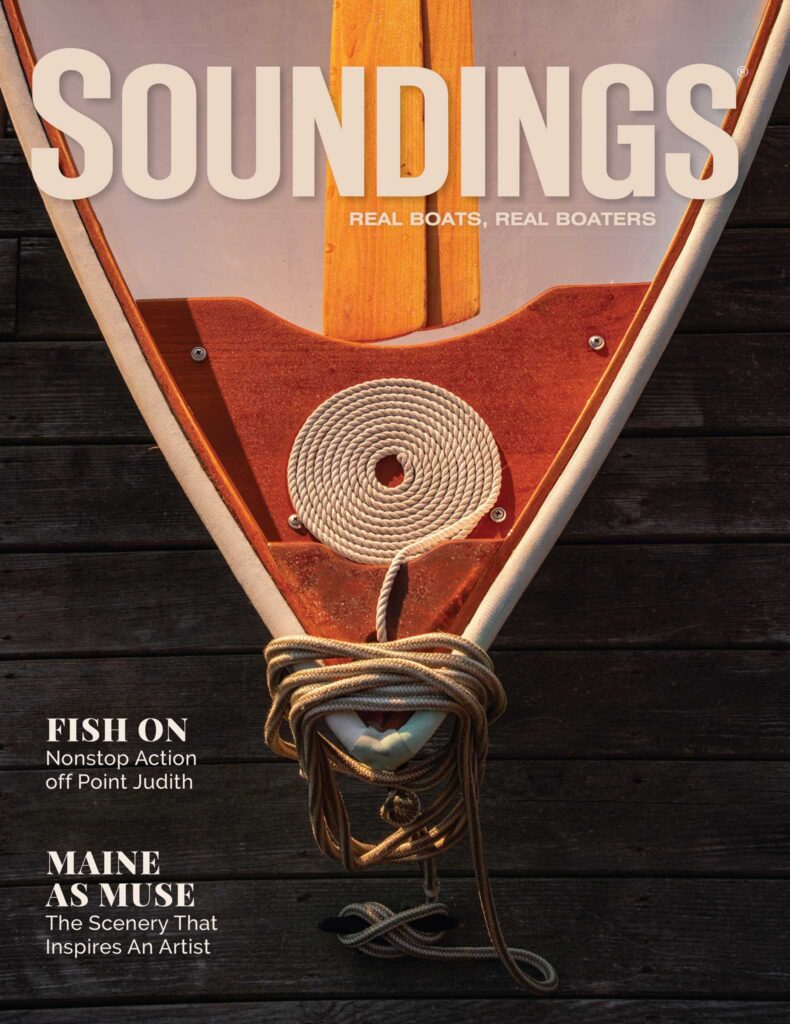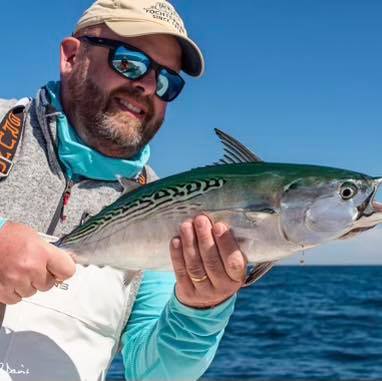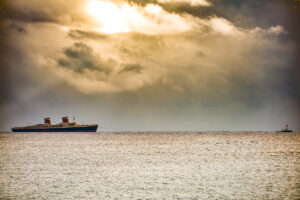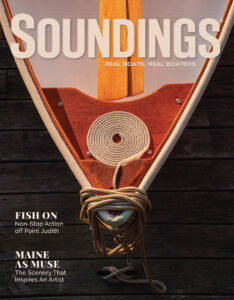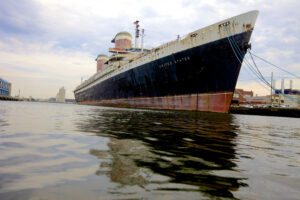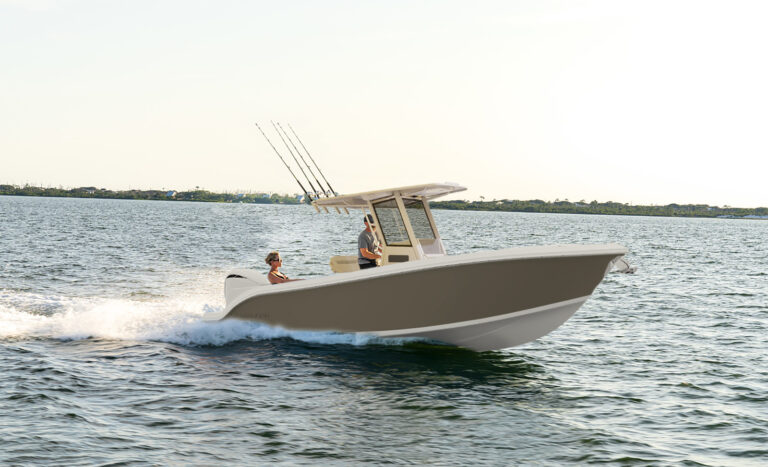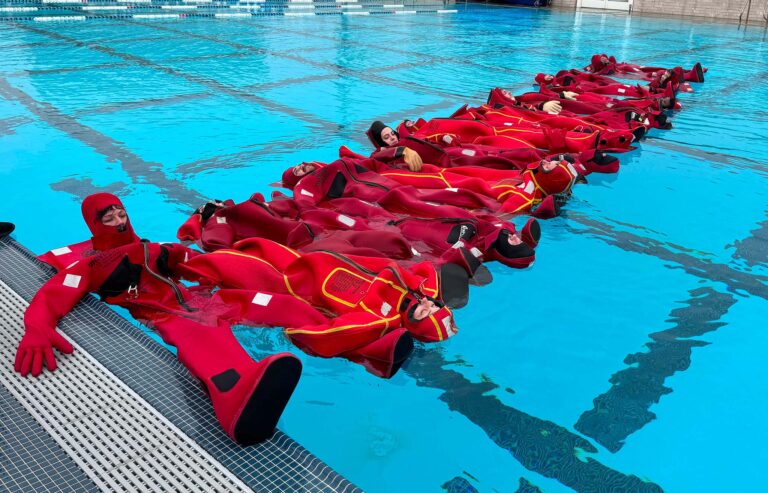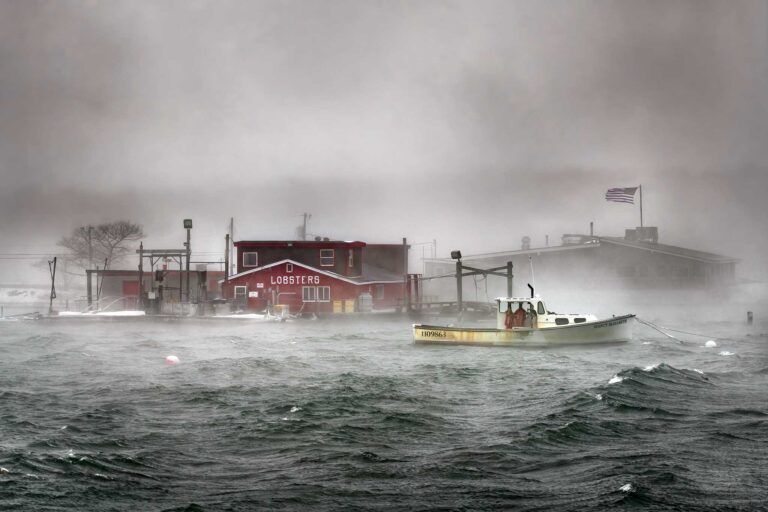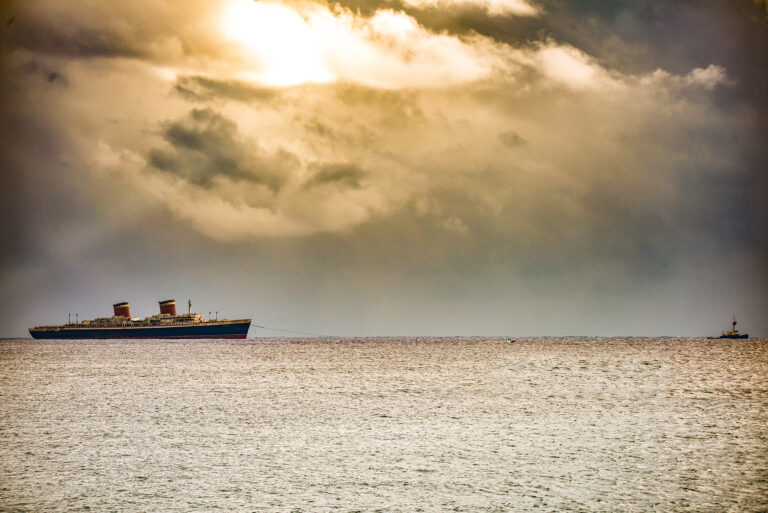
Nanoplastics are microscopic pieces of plastic that contaminate our waterways and oceans. The tiny pieces of plastic, which are often as small as 20 nanometers, come not only from broken down plastic waste, but also from products like facial scrubs and toothpastes that use the small plastic particles for abrasion.
Scientists at the University of Plymouth in the United Kingdom recently exposed scallops in a laboratory setting to radiolabeled nanoplastics and found that after only six hours, billions of the microscopic particles had accumulated inside the scallops’ bodies. Scientists had previously speculated that it takes quite a bit of time for these particles to build up inside scallops and other filter-feeding shellfish. You can read more about the experiment here.
Though the majority of plastics that enter the world’s oceans come from under-developed countries, you can still help combat the problem by limiting your use of single-use plastics such as straws, plastic shopping bags and single-serve food containers.

